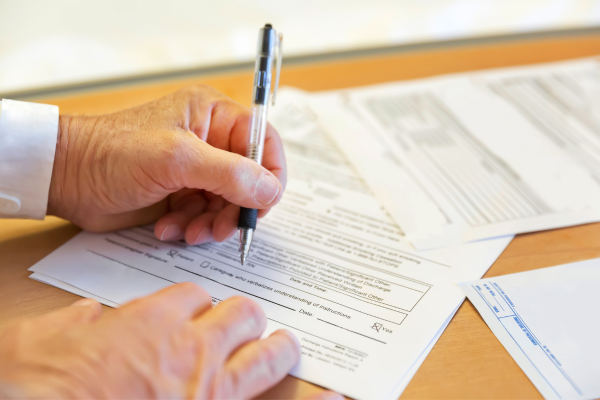
If you’re involved in a personal injury lawsuit—whether from a car accident, slip and fall, or other negligence-related incident—you may hear your attorney talk about “discovery.” But what exactly does that mean? Discovery is a key phase in your injury case, and understanding it can help you feel more confident and prepared throughout the legal process.
What Is Discovery?
Discovery is the formal process through which both sides in a lawsuit exchange information. It happens after a lawsuit is filed but before the case goes to trial. The goal is to ensure that both the plaintiff (the injured person) and the defendant (the person or company being sued) have access to all relevant facts, documents, and testimony before stepping into the courtroom.
Discovery allows each side to build their case with full transparency, avoiding surprises at trial. In fact, most personal injury cases settle during or after the discovery phase—often because the evidence exchanged during discovery makes it clear how strong (or weak) each side’s position is.
Why Is Discovery Important in a Personal Injury Case?
Discovery plays a crucial role in uncovering evidence that can support your claim. For injury victims, it’s a chance to gather proof of liability (who was at fault) and damages (what you’ve suffered as a result).
Here are a few specific reasons why discovery matters:
- It uncovers critical documents and records, such as medical records, accident reports, insurance policies, and surveillance footage.
- It helps establish timelines and facts surrounding the incident.
- It may expose inconsistencies or weaknesses in the opposing side’s version of events.
- It provides an opportunity to evaluate the strengths and weaknesses of your own case, helping guide decisions about settlement or trial.
Common Discovery Tools
There are several types of discovery tools that lawyers use to gather and exchange information. These include:
- Interrogatories – These are written questions that must be answered in writing and under oath. For example, your attorney might ask the defendant to describe what they were doing just before the accident or to admit whether they were texting while driving.
- Requests for Production – This is a formal request for documents or evidence. It can include things like photographs, medical bills, employment records, repair estimates, and more.
- Requests for Admission – These are statements the other party is asked to either admit or deny. They help narrow down the facts that are truly in dispute.
- Depositions – A deposition is an in-person or virtual interview conducted under oath. Attorneys from both sides can ask questions, and the testimony is recorded by a court reporter. Depositions are often used to question the parties involved, eyewitnesses, or expert witnesses.
- Independent Medical Examinations (IME) – If your injuries are in question, the defense may request that you be examined by a doctor of their choosing. Your attorney will help ensure your rights are protected during this process.
What Should I Expect During Discovery?
Your attorney will handle most of the discovery process on your behalf, but your cooperation is key. You may be asked to:
- Answer written questions truthfully and thoroughly
- Gather and provide documents or photos
- Attend a deposition and respond to questions honestly
- Meet with your attorney regularly to prepare responses or review new information
The discovery phase can last several months, depending on the complexity of your case and the willingness of both sides to cooperate.
Final Thoughts
While it may sound intimidating, discovery is one of the most important steps in your personal injury case. It gives your attorney the tools needed to advocate effectively on your behalf—whether in settlement negotiations or at trial. The more information that comes to light during discovery, the better equipped your legal team will be to fight for the compensation you deserve.
If you’ve been injured and are considering legal action, don’t go it alone. A skilled personal injury attorney can guide you through every step, including discovery, and help you understand what to expect along the way.
Contact a Florida Personal Injury Lawyer
If you have been involved in a personal injury incident, seeking legal advice is essential to protect your rights. Our legal team has more than 40 years of experience seeking justice for accident victims. Our attorneys have sought and won millions of dollars for our injured clients.
Call 850-601-1111 to schedule a complimentary consultation with no obligations. This consultation will help you explore your legal options. Let us help you fight for fair compensation.


